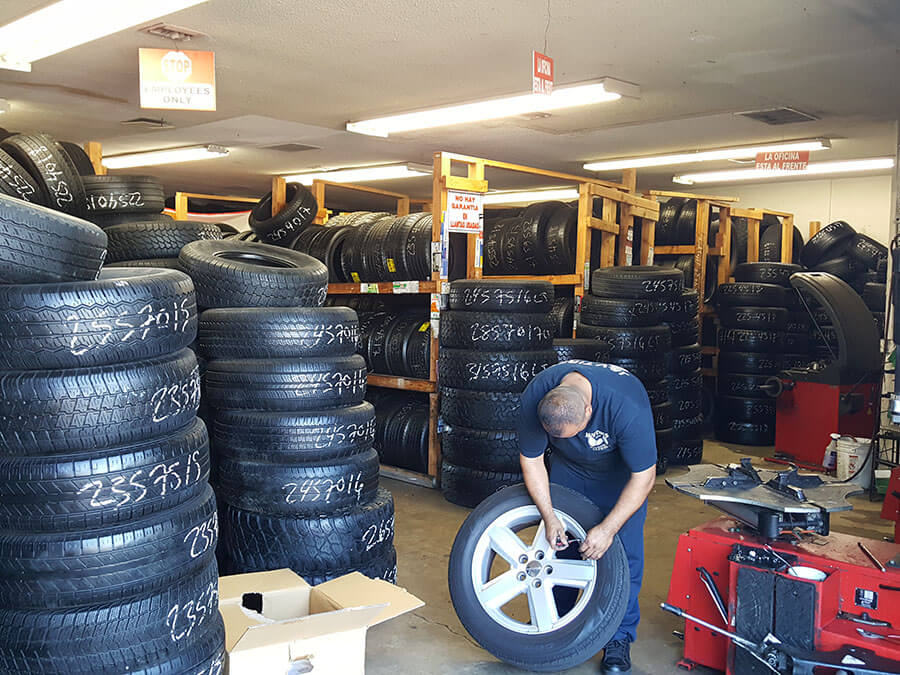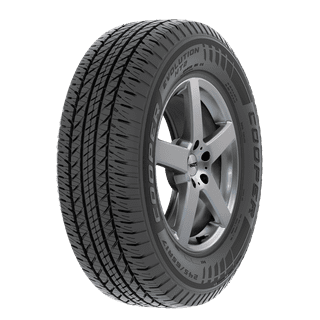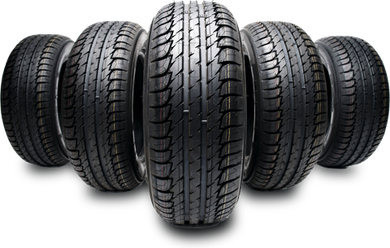Expert Morris Tire and Alignment Providers: Guarantee a Smooth and Safe Drive
Expert Morris Tire and Alignment Providers: Guarantee a Smooth and Safe Drive
Blog Article
Tire Service: The Effect of Weather
When it pertains to making sure optimal performance and safety when traveling, comprehending the impact of climate problems on tire service is vital. From scorching heat to icy roadways, each weather condition aspect can dramatically affect tire capability and overall driving experience. By delving into the effects of varying climate problems on tires, chauffeurs can acquire useful insights that may enhance their automobile's efficiency and durability. In this conversation, we will discover the elaborate partnership between weather and tire service, clarifying the value of weather-specific tire maintenance techniques and factors to consider.
Warmth and Tire Performance
When exposed to heats, tires experience modifications in performance that can substantially impact automobile security and handling. The warmth created from long term driving or heat problems triggers the tire rubber to soften, bring about decreased tread life and raised wear. As the rubber comes to be softer, the tire's hold on the road lessens, influencing stopping ranges and general grip. In severe cases, too much warm can also create tire blowouts, posturing an extreme security risk to the automobile and its owners.
In addition, heats can increase the procedure of tire aging, triggering the rubber to weaken faster. This can result in splits, protrudes, and various other forms of damage that endanger the structural integrity of the tire. To mitigate the impacts of warm on tire efficiency, drivers ought to on a regular basis check their tire pressure, rotate tires to guarantee also put on, and inspect for any kind of indicators of damage. Additionally, utilizing tires specifically designed to withstand heats can assist keep ideal efficiency and safety when driving.
Cold Climate Results
Winter conditions can have a significant effect on tire performance and safety. As temperatures drop, tire rubber can harden, leading to lowered grip on icy or snow-covered roads. In winter, tires might also shed air pressure extra quickly, which can influence handling and gas performance. Furthermore, cold temperatures can cause tire sidewalls to stiffen, raising the danger of damages from pockets or other road hazards.
To alleviate the results of chilly climate on tires, it is critical to routinely examine tire pressure and inflate them to the maker's advised degrees. Using winter months or all-season tires created for winter problems can also enhance traction and grasp on icy or snowy roads - morris tire and alignment. Proper tire maintenance, including regular assessments for wear and damages, becomes much more crucial during colder months to make certain optimum performance and safety
Rainy Issues Effect
Tires with damaged treads are extra prone to hydroplaning, where a layer of water constructs up in between the road and the tire surface area, leading to loss of grip. To battle this, vehicle drivers must on a regular basis evaluate their tires go to my site for ample tread depth and take into consideration spending in tires particularly made for wet conditions.

Snow and Tire Safety And Security
Snow-covered roads posture distinct challenges for drivers, highlighting the relevance of appropriate tire option and maintenance. When driving in snowy conditions, having the right tires can make a substantial distinction in safety and efficiency. check my blog Wintertime tires are developed with special rubber substances and step patterns to give far better grip on snow and ice contrasted to all-season tires. The deeper footsteps and sipes of winter months tires assist hold the road much better, reducing the threat of sliding and moving.
In enhancement to utilizing winter months tires, it is critical to guarantee they are effectively blown up. Winter can create tire pressure to go down, impacting grip and handling (morris tire and alignment). On a regular basis inspecting and preserving the proper tire stress is vital for optimum performance the original source in snowy problems

Weather-Related Tire Upkeep
Weather-related tire upkeep includes an array of methods intended at ensuring optimal tire function and durability in different climate situations. One key element of weather-related tire upkeep is tire stress regulation. Evaluating tire tread routinely and changing tires when walk wear gets to a specific depth is essential for maintaining grip and security in negative weather.
Conclusion
In final thought, weather condition problems have a considerable effect on tire performance and safety and security (tires morris il). From warmth influencing tire stress and put on to cool weather condition lowering grip, it is vital to consider the weather condition when keeping and utilizing tires.
In this discussion, we will certainly check out the complex partnership in between weather conditions and tire solution, shedding light on the value of weather-specific tire maintenance techniques and factors to consider.

Report this page